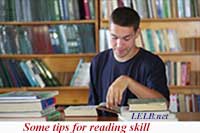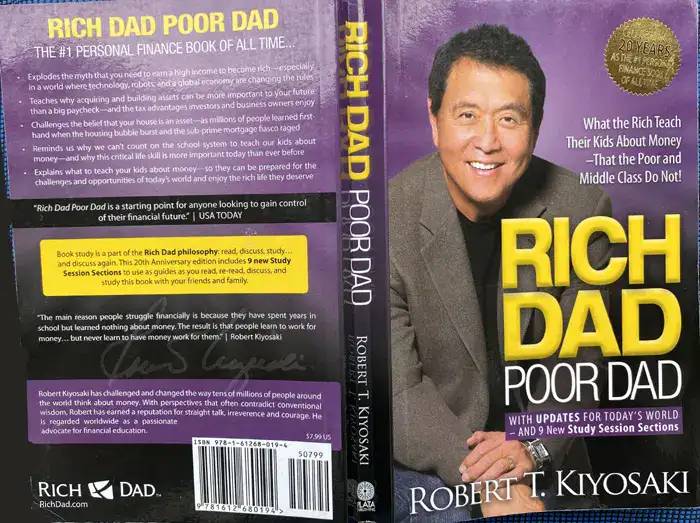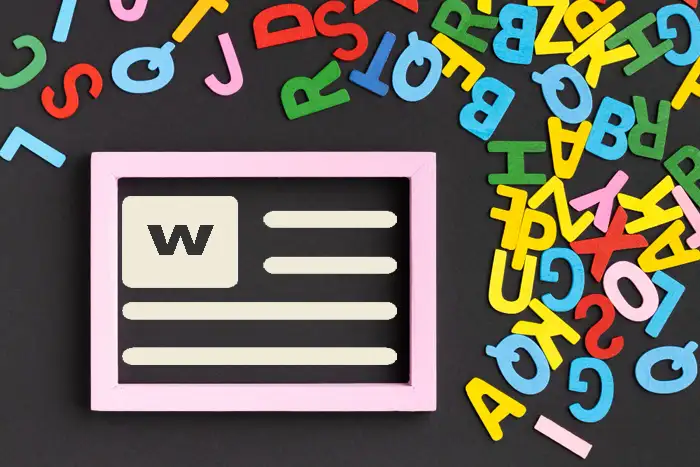Reading comprehension requires you to think critically about the information and ideas. Sometimes, while reading, you have to read the same sentences several times without gaining any meaning from them. So, it is needed to return to earlier steps for finding out the intended meaning. Accordingly, there are some effective strategies to use before, during, and after reading to get the most from the text. Reading strategies before reading In this step, you should get ready to read through warming up yourself before beginning reading by thinking about what you already know about the topic and determine your purpose for ...
Home » Reading Practice in English » Reading Strategies Before During and After Reading

Reading Strategies Before During and After Reading
Updated: by Dr. Mohammad Hossein Hariri Asl
Time to Read: 3 minutes | 351 Views | No Comments on Reading Strategies Before During and After Reading
Share This Post
About the Author
Dr. Mohammad Hossein Hariri Asl is an English and Persian instructor, educator, researcher, inventor, published author, blogger, SEO expert, website developer, entrepreneur, and the creator of LELB Society. He's got a PhD in TEFL (Teaching English as a Foreign Language).
Number of Posts: 4242


